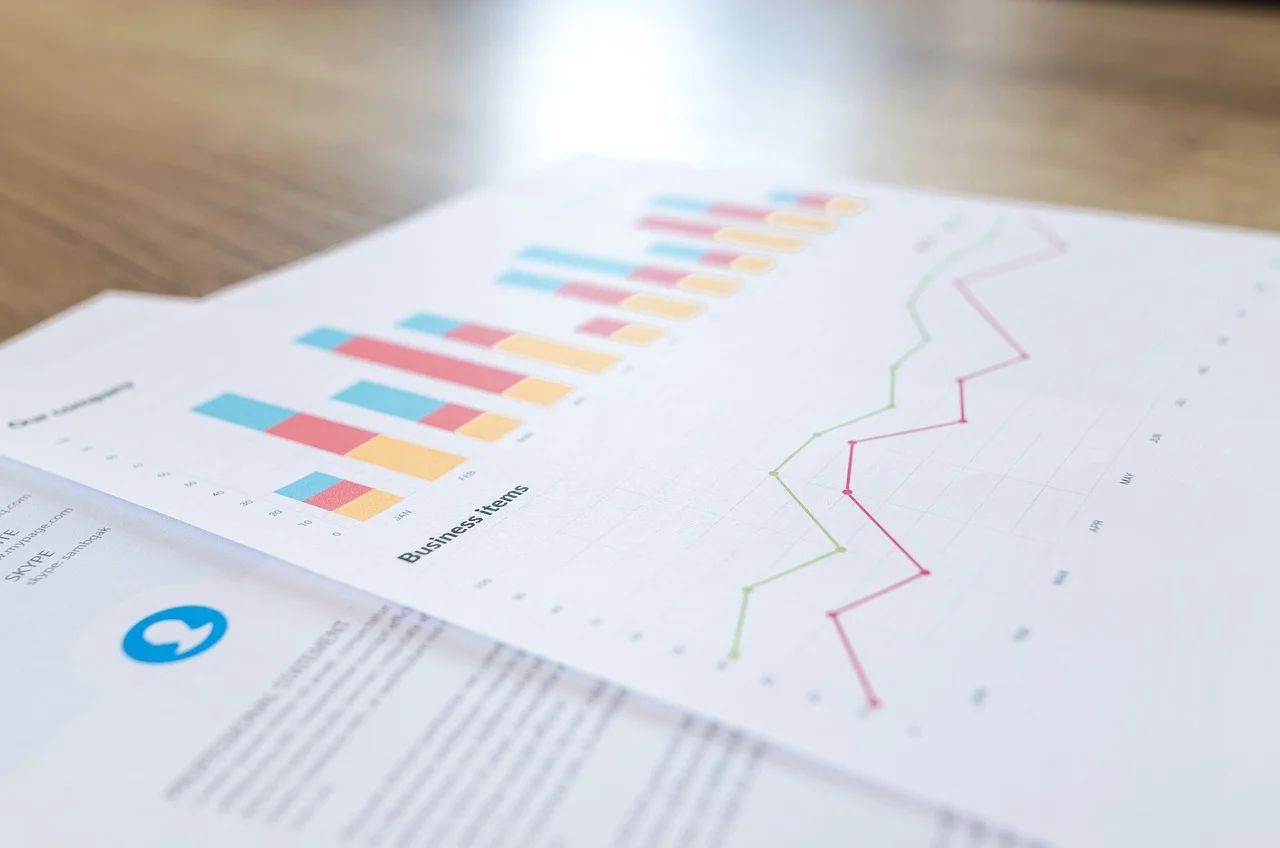Turkey’s central bank raised interest rates again on Thursday as part of its efforts to combat rising inflation. This decision comes as President Recep Tayyip Erdogan has shifted towards more conventional economic policies.
To tackle the high inflation, the central bank increased its policy rate by 5 percentage points, bringing it to 35%. This move followed a sharp increase in inflation to 61.53% the previous month. Remarkably, this was the fifth interest rate hike by the central bank in just five months.
The central bank’s Monetary Policy Committee stated that it intends to persist with these measures to reduce inflation. Their goal is to establish a stable economic environment and curb rising prices. They also mentioned that they plan to continue these actions until there is a substantial improvement in the inflation situation.
It’s important to note that President Erdogan had previously pushed for lower interest rates, believing that this would help control inflation. However, this approach contradicts traditional economic theory, as most central banks worldwide have increased interest rates to combat rising consumer prices.
Many people pointed to Erdogan’s unusual approach of lowering interest rates as the cause of economic problems in Turkey. These issues included a currency crisis and soaring inflation, making it difficult for Turkish households to afford rent and basic necessities.
However, after winning re-election as president in May, Erdogan changed his stance. He assembled a new economic team that is now implementing more traditional economic strategies.
This team includes Mehmet Simsek, a former banker from Merrill Lynch, who returned to his role as finance minister, a position he held until 2018. Additionally, Hafize Gaye Erkan assumed the role of central bank governor, making her the first woman to hold this position in Turkey.
Since Erkan took office, the central bank has significantly increased interest rates, going from 8.5% to 35%.
Simsek assured a group of journalists last month that the economic policies of the team have full support from Erdogan. He stated, “There isn’t the slightest hesitation” in the President’s backing of these policies.
Turkey’s main stock index experienced a significant 7% decline on Wednesday. This drop occurred after President Erdogan expressed his support for the Hamas militant group, describing it as a group fighting for the liberation of its people and their land.
This statement raised concerns about potential tensions with Western countries, which could disrupt Turkey’s efforts to attract foreign investments.
On Thursday, President Erdogan discussed the conflict between Israel and Hamas with Pope Francis. During this conversation, he conveyed his belief that Israel’s actions in Gaza had escalated to the level of a massacre. He also criticized the international community for remaining silent, describing it as a “shame for humanity.”
- President Erdogan economic policy shift





